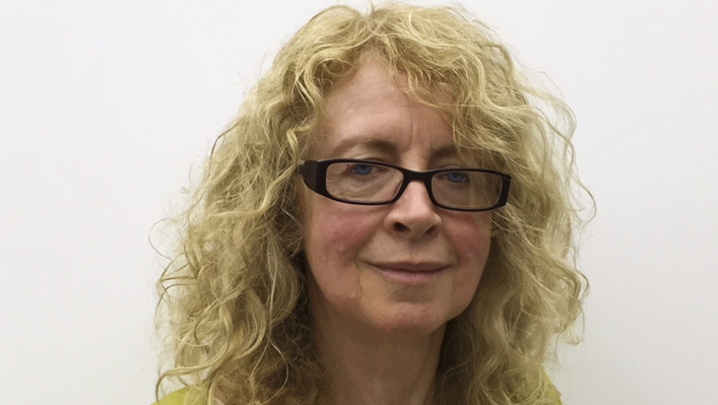Paul Reveley, at 104, the Society’s longest-standing Fellow and its oldest member, is interviewed by Donald McLean
At 104, Paul Reveley is the Society’s longest-standing Fellow and its oldest member.
Paul was one of the great pioneering engineers of British television in the 1930s.
His membership of the Society was approved in December 1937, just over a year after the start of the BBC Television Service from Alexandra Palace. It was also six months before the first production Spitfire was delivered and a week before the premiere of Snow White and the Seven Dwarfs, Disney’s first animated colour film.
At that time, the Television Society – not yet "Royal" – was very different from today. It comprised engineers and scientists, who were forging ahead with developing new technologies and building the first systems for operational television broadcasting.
Underlining their importance, Sir Paul Fox said earlier this year: "Engineers made the BBC. They were the foundation of the service."
At home in East Anglia, Paul described his early involvement in television. He joined Baird Television in 1932 at the age of 21.
He initially worked on the cinema projection system for live coverage of the Derby; it was only the second time that the country’s premier flat race for horses had been televised.
His last of many projects with John Logie Baird culminated in 1938 with the packed-house demonstration of large-screen projected television in colour at London’s Dominion Theatre.
The mid-1930s was a time when broadcast television was possible only through the use of mechanical components. Fully electronic means of delivering television were still being developed in research laboratories.
These mechanical systems, however, were not the cardboard and string lash-ups of Baird’s early years as a lone inventor. Paul’s designs were precision engineered, running at the limits of materials research.
His scanner for colour projection television, now in the National Media Museum in Bradford, rotated so fast (17,500rpm) that the scanning mirrors experienced 6,000 times the force of gravity, travelling at over 200mph.
The large-screen colour picture generated by the scanner, using an arc lamp from a military searchlight, was "rather good", he said.
From 1933, Paul had worked directly for Logie Baird as his personal technical assistant; he was one of the handful of engineers in Baird’s inner circle employed to put his ideas into practice.
As Paul says, with the great man he had "a closer association over a longer continuous period than fell to most others". To be able to sit down and talk with one of the men who worked at the most interesting time in Baird Television’s history, reminds us just how far and how fast television in all its aspects has progressed.
In late 1938, Paul moved on to take up a post with the Colonial Service as Assistant Engineer to the Postmaster General of Hong Kong.
Three years later, during Christmas 1941, the Japanese invaded. Now 30 years old, he was imprisoned, along with his government colleagues, at Stanley Internment Camp in Hong Kong. His experiences of life as a civilian under the occupation sound today as fresh as when he lived through them.
Appointed as a quartermaster for food rations in the camp, he and his compatriots survived on little more than 340g of rice a day.
After the war, Paul left the Colonial Service and spent the rest of his career as a freelance contractor across the Far East.
He installed, ran and managed electricity services for remote communities, including many across British North Borneo.
Paul managed dozens of projects in the region from the 1940s to the 1980s – all significantly improving the lives of the local population.
He returned to the UK in the 1990s, retiring at the age of 80. As recently as 2006 – at 95 – Paul was in overalls, installing central heating in his cottage in north -west Scotland.
Now he is enjoying a relaxed retirement.







